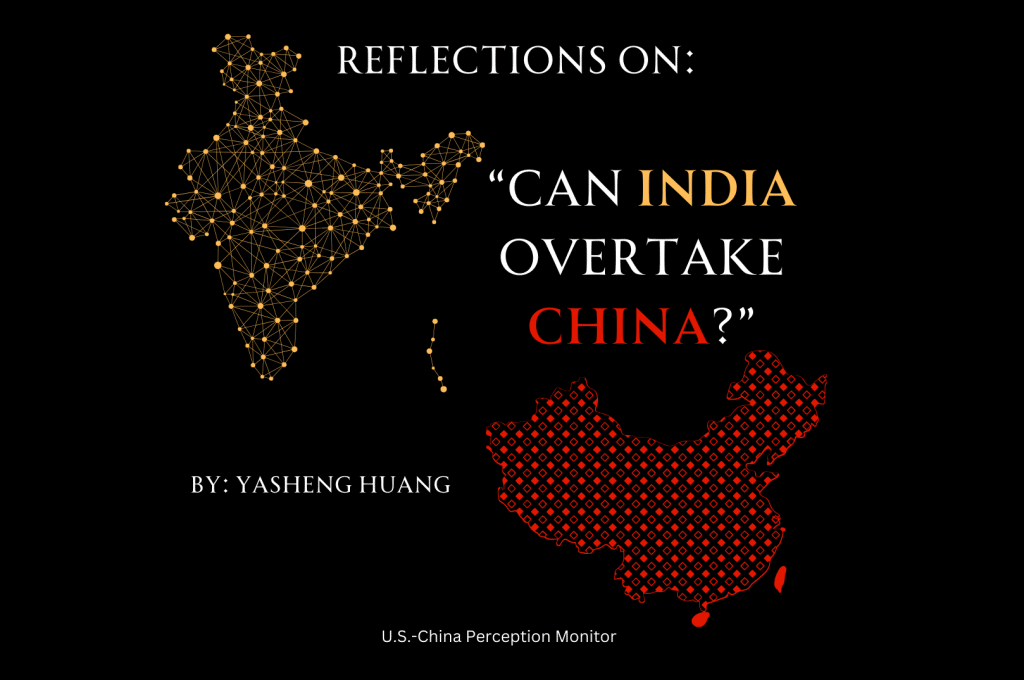Does Anyone Know Anything About the New BRICS Bank?
Despite expectations that it would begin operating in early 2016, the New Development Bank (NDB, or BRICS bank), a new lending institution set up by member countries Brazil, Russia, India, China and South Africa, remains something of a mystery.
Founded with the aim of developing infrastructure, the bank has no official website or even a contact email address and no one seems to knows which projects the bank will allocate funding to. Perhaps even more concerning is the fact that there is no clue as to whether the bank will establish environmental, social, labour, or human rights safeguards to protect against the impacts of the projects that its loans support.
Announced with great pomp at the 6th BRICS Summit in Fortaleza, Brazil, in July 2014, the NDB currently only has one office in Shanghai, where representatives from each country are located. Yet the bank’s initial US$50 billion of subscribed capital should make it a major new player in development finance. There are great expectations from member countries that this new source of financing can help develop sectors crucial for their growth, such as energy, telecommunications, and logistics.
However, trying to get definitive answers from representatives of the NDB is a fruitless exercise. Even the private sector, represented through the BRICS Business Council, does not seem to have a clear idea of how the bank will be governed.
Wishing to remain anonymous, an important Brazilian business figure made it clear to Diálogo Chino that negotiations on how the bank will be run are taking place on a government-to-government basis, with little transparency or participation by civil society. “It is very tightly closed. Nobody knows anything,” said the high-ranking source.
Nothing concrete
In November of last year, the Brazilian NGO Conectas held an event in São Paulo which was intended to discuss the NDB and associated human rights and sustainability issues arising from the granting of loans. The NGO’s lawyer, Caio Borges, who has met several times with representatives from the Brazilian Ministry of Finance to discuss such matters, says that despite the openness of government technicians in welcoming him to participate in meetings, there is still nothing concrete with respect to environmental policy.
Borges adds his voice to that of Diálogo Chino’s source in suggesting that, unlike the World Bank, the NDB does not have a proper set of rules and guidelines and he expects it to examine social and environmental risks on a ‘case-by-case’ basis. “The tendency is for each project to come to the bank with the environmental and social issues contained within the project itself,” he says.
The private sector representative to the BRICS Business Council says that there is a big discrepancy between founding countries’ attitudes to environmental impacts in infrastructure projects. “Brazil has environmental and social legislation that is globally unsurpassed. The Brazilian Development Bank (BNDES) has very advanced practices in this regard and is one of the largest development banks in the world,” the source said, adding; “Russia and China, however, want nothing to do with it. They are not interested in having complex environmental criteria.”
Part of the problem lies in creating a coordinated environmental policy framework that accounts for different regulations in each country. For example, a hydroelectric project in China may not follow the same rules as a similar venture carried out in Brazil, and either could be financed by the BRICS bank. Projects co-financed by Brazil and Russia could breakdown because Brazilian companies would not back down on environmental problems caused by ventures in Latin American or sub-Saharan African countries where environmental standards are less stringent.
Paulina Garzón, director of the China-Latin America Sustainable Investment Initiative also met with representatives of the Brazilian Ministry of Finance. She said that technicians admit that there is great concern about the costs of preparing projects. It is possible that the bank could include a special fund for project planning, which would factor in socio-environmental risks.
According to these officials, Garzón said, the costs that the World Bank imposes on loan recipients to calculate these risks are presently too high. Garzón also said that Brazil pressured the NDB to use Brazilian environmental standards, which have been highly praised around the world despite problems with local communitiesand environmental infractions committed by big infrastructure projects.
Former director general of the Asian Development Bank (ADB), Rajat Nag, said recently that the NDB will establish environmental criteria for the projects it finances. “As far as I know, the NDB is working on social and environmental safeguards, and some people from the ADB are helping,” he said.
“I would be very surprised if they ran contrary to some fundamental social and environmental principles. I think they will be much more pragmatic. How they will do this, I don’t know, but it is exactly this that we have to monitor,” Nag added.
By MILTON LEAL Jan. 28, 2016 on ChinaDialogue
Find more here





